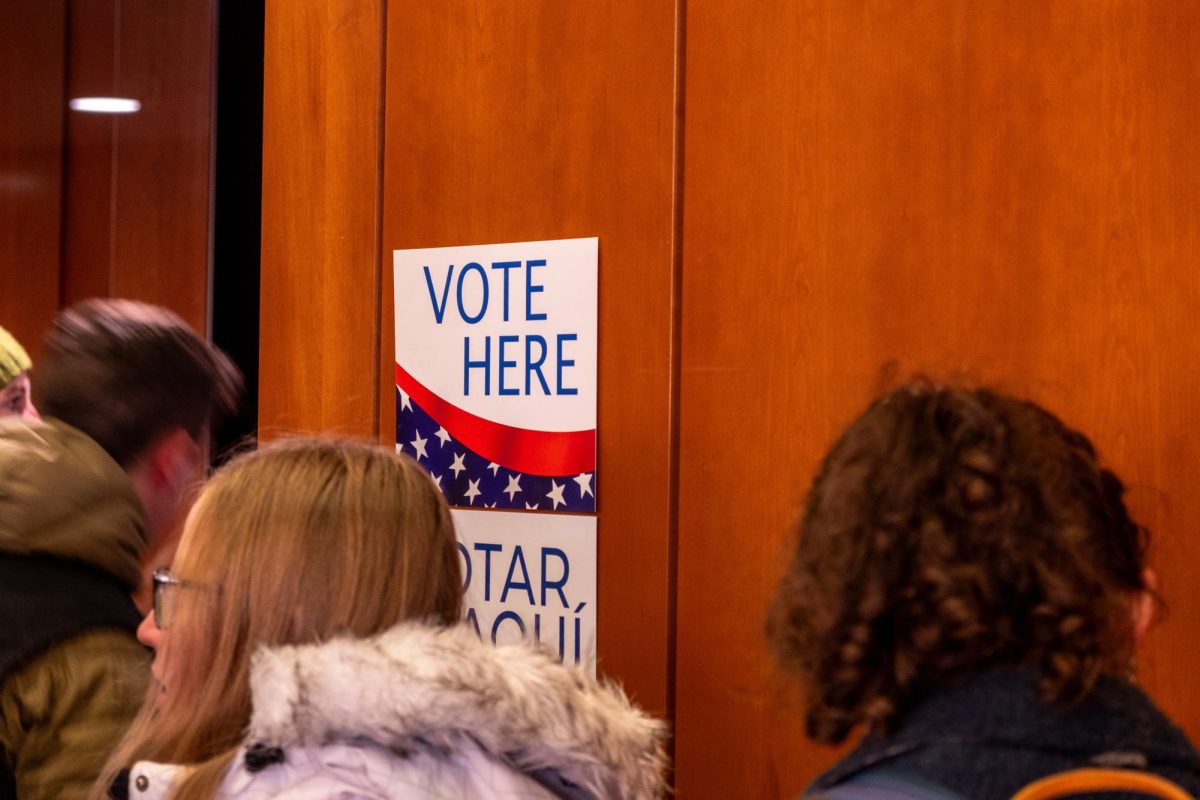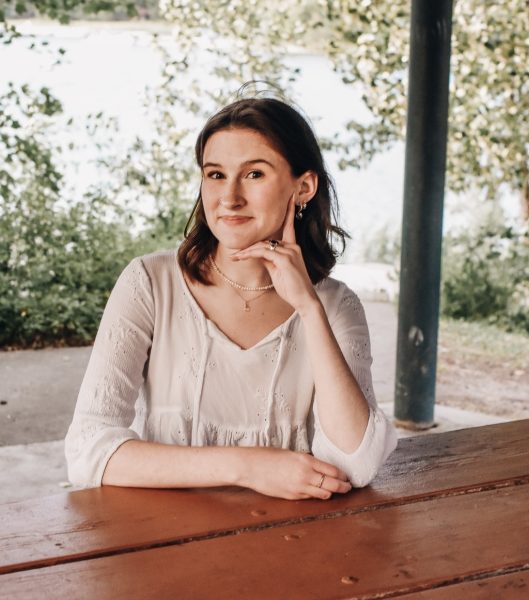This article was originally published in the Academia print issue of The Daily Utah Chronicle, originally in stands in October of 2024. It has not been updated and some information may be out of date.
As Election Day nears, the need for information on feeling confident in casting votes becomes more apparent. At the University of Utah and in the Salt Lake area, there are courses, classes and workshops voters can take to boost their confidence going into the election.
Many of these courses aren’t sanctioned by the university and are not for credit. Some courses are workshops through the nonprofit organization Lifelong Learning, which helps connect the community directly to the U.
Lifelong Learning’s courses are meant to meet community needs and provide people with tools and resources to help them learn about the election or anything else.
One of the courses offered is “An Introduction to Antidiscrimination Response,” which aims to empower bystanders to be active rather than stay quiet when witnessing discriminatory behavior.
Irene Ota, a retired U employee who teaches the anti-discrimination response course, said there are words and phrases people can use to respond to discriminatory and prejudiced behaviors.
“This is a very contentious election [and] I would say that there are a lot of questionable statements and words used,” Ota said. “So, someone could say something, and you could say something [like], ‘Well, that’s stupid.’ How do you think the other person is going to respond? Not well. It’s going to escalate. There are ways to respond to things that just show where you stand, and that’s anti-discrimination response.”
The workshop happens once a semester, and is a seven-hour training session. The first three hours of the training is how anti-discrimination response works, and then the rest of the time is spent practicing different scenarios.
“I think people sometimes come into it and think they’re going to do what I call smackdown response,” Ota said. “‘I’m going to tell you how wrong you are.’ And it’s not that at all. It’s a way to just take your stand. Sometimes you make your statement, and you walk away.”
The workshop can happen at any organization that may want the training. Ota is no longer affiliated with the U, but she has been invited to the U to lead the workshop, and her next workshop will take place on campus.
Another workshop taking place on campus is “A Change in Dialogue: Effective Communication,” led by Rachel Krahenbuhl, board-certified health and wellness coach and certified health education specialist. The course seeks to advance communication skills and teach individuals how to actively listen, how to make others feel heard as well as getting your needs across.
Krahenbuhl said the course helps improve voting confidence because it allows people to advocate for themselves without feeling judged or judging others.
“Benefits of taking this class are increased awareness of your communication style, improved assertive and clear communication, [being] more prepared to handle conflict, improved listening skills [and] learning to interpret others’ meaning in a non-personal way,” Krahenbuhl said.
The course covers communication styles, mindful listening, proper use of “I” statements, fair fighting rules, nonviolent communication theory and emotional validation.
Another course offered is Beyond the Headlines: Fact-Checking and Media Literacy, which aims to help people navigate the vast amount of information coming from many platforms and how to figure out what to believe and how to read carefully to interpret the data. This class is not currently scheduled but may be in the future.
The podcast KSL at Night released an episode discussing the course with Summer Pessatore, communications manager for online student recruitment at the U and a Lifelong Learning affiliate, to discuss what the course does to prepare young voters.
“There’s a big difference between misinformation and disinformation, so … you’ll learn the difference between both of those things,” Pessatore told KSL, adding that the course presents students with case studies to analyze.
The media literacy class will also dive into AI and how to figure out if something may or may not be written by a computer.
“People need to cope with the election; there was an American Psychiatric study that came out and said that over 70% of respondents that were asked said that the upcoming election is causing them great stress,” Pessatore said.
Many of the courses or workshops are still available and will be held before Nov. 5.
An extensive list of courses and where to sign up for them can be found in an article on @theU’s website, “Empower yourself for the 2024 election.”




